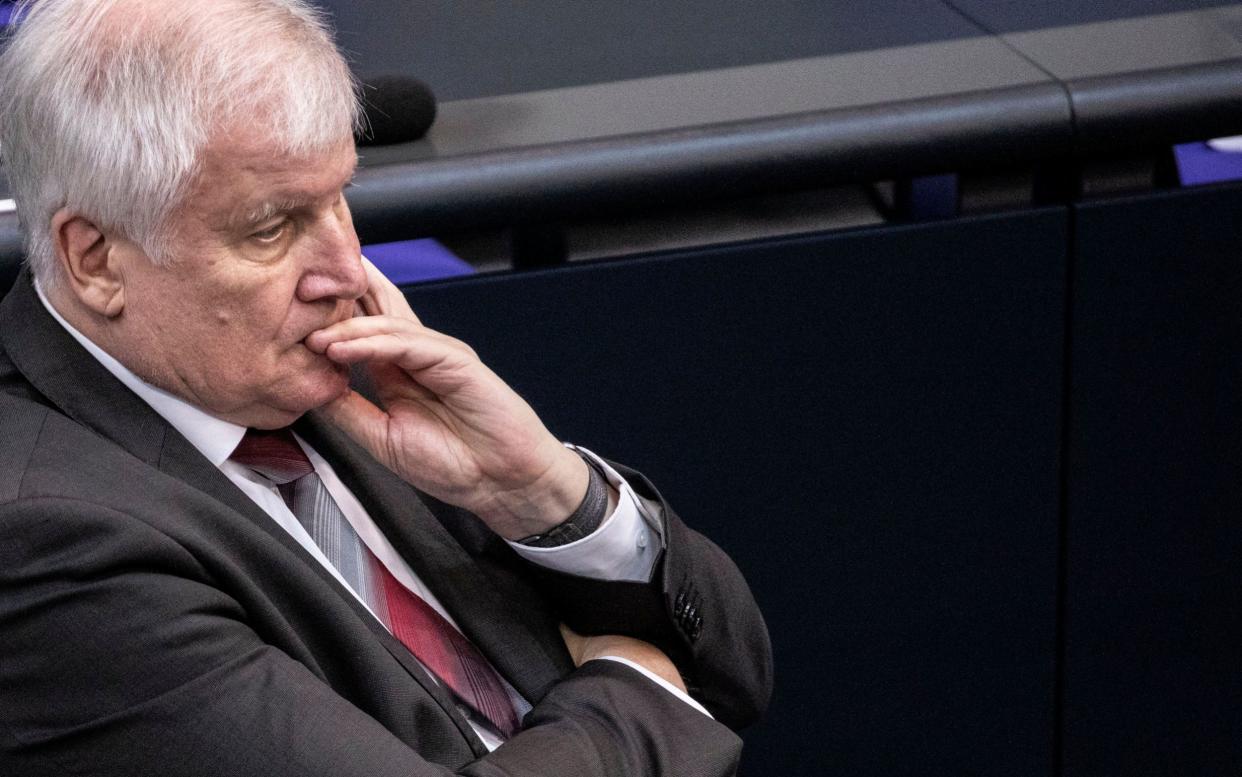German interior minister blocks investigation into alleged police racism

A senior German minister has come under fire after he vetoed an investigation into allegations of racism in the country’s police.
An investigation was ordered last month into alleged racial profiling in routine German police checks in the wake of protests at the killing of George Floyd in the US.
But it emerged at the weekend that Horst Seehofer, the interior minister, had blocked the inquiry.
The interior ministry said there was “no need” for an investigation as racial profiling is banned under German law.
“Neither the federal police laws nor the relevant regulations and decrees permit such unequal treatment of people,” a spokesman told Zeit newspaper.
“Individual cases of discrimination are relentlessly investigated and promptly disciplined.”
Mr Seehofer’s move inflamed long-standing tensions within Angela Merkel’s government and infuriated her main coalition partners, the centre-Left Social Democrats (SPD).

“In that case we can immediately dismantle all speed cameras, since speeding is not allowed either,” Kevin Kühnert, the SPD deputy leader said.
“Just because something is forbidden does not mean that no crimes are committed. That would be too nice,” said Cansel Kiziltepe, an SPD MP.
Some 200 cases of alleged racial profiling by the German police have been reported to the country’s official anti-discrimination agency since 2006.
The SPD-controlled justice ministry had previously given strong public backing to the investigation, which it described as “an important step to gain a sound idea of the problem and discuss possible countermeasures”.
Within the government, the SPD has long been at loggerheads with Mr Seehofer, the former leader of Mrs Merkel’s conservative Bavarian sister party, the Christian Social Union (CSU).
The opposition Green Party, which is currently second in the German polls, accused Mr Seehofer of “stubbornness” and demanded a thorough investigation into police racism.
“There is no denying there are cases of racial profiling in the police. We need to know how big the problem is in order to be able to develop solutions,” said Irene Mihalic, a Green Party spokesman.


